HESTA: Rio must address corporate credibility gap
Industry super fund HESTA has warned of an emerging credibility gap in corporate Australia, with Rio Tinto among the worst offenders.

Industry super fund HESTA has warned of an emerging credibility gap in corporate Australia, with Rio Tinto and AMP among the worst offenders.
Speaking to The Australian days after Rio Tinto bowed to investor pressure and announced chief executive Jean-Sebastien Jacques and two other key executives would be leaving following the destruction of 46,000-year-old heritage sites at Juukan Gorge, HESTA chief executive Debby Blakey said changes at the top weren’t enough to satisfy the $52bn super fund.
“While we welcome the steps taken by Rio with respect to accountability and the changes of senior leadership, that really should not distract us from the need to fix these issues with a long-term horizon, which is why we’ve been calling for an independent review of all of their agreements,” Ms Blakey said.
“We feel that the nature of these agreements and how they are negotiated poses a very real risk for investors and we really believe the company still needs to focus on that.”
HESTA would in coming weeks step up its push for an independent audit of Rio Tinto’s agreements with First Nations people, she added, as she pointed to the importance of companies meeting higher investor and societal expectations.

“Something that we see emerging strongly is what we’re calling the credibility gap. And I think it’s very evident with both AMP and Rio Tinto.
“For Rio, they said that they were committed to reconciliation.
“They were committed to working with local communities, but then destroyed one of Australia’s most important heritage sites.
“And if we look at AMP, they said they were committed to gender equality, committed to a culture of inclusion, but then essentially turned a blind eye, potentially, to harassment and by unanimous board decision promoted the alleged perpetrator.
“Now I think society has an expectation that what companies say is what they do and this credibility gap really does point to cultural issues. And I think it really does shine a spotlight on oversight and governance,” Ms Blakey told The Australian.
Despite criticism that Rio Tinto has become too London-centric, HESTA is not calling for the miner’s next chief executive to be Australian or Australia-based, with Ms Blakey saying that is an issue for the board. She did expect the board to be accountable and manage risks appropriately, she said.
“I think what the Juukan Gorge situation has identified is that these are key risks that you need deep understanding for.
“Now how Rio decides to actually manage that — whether it means more presence in Australia or an Australian CEO — we would very much leave that up to the Rio board. But what we want to know is that the risks are managed, that they have oversight of them, that they have a deep understanding of them. I think it’s very important that the board is accountable for that.”
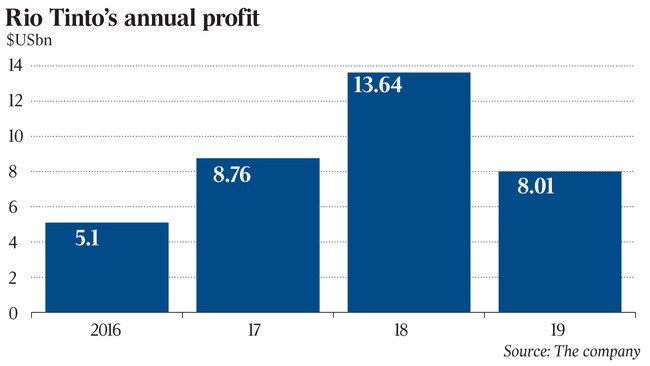
HESTA was prepared to be more outspoken on ESG issues in future and would be asking tough questions of companies in its portfolio, Ms Blakey said.
The super fund was among the large investors that heaped pressure on Rio Tinto following the destruction in May of the ancient caves in Western Australia’s Pilbara region.
“Sometimes the focus in companies can go towards very short-term horizons.
“Our members are invested for 20, 30 years, so we have a very important role in bringing back that long-term focus, and what the real value in companies is. A social licence to operate and societal expectation is very important in maintaining that value in a company.”


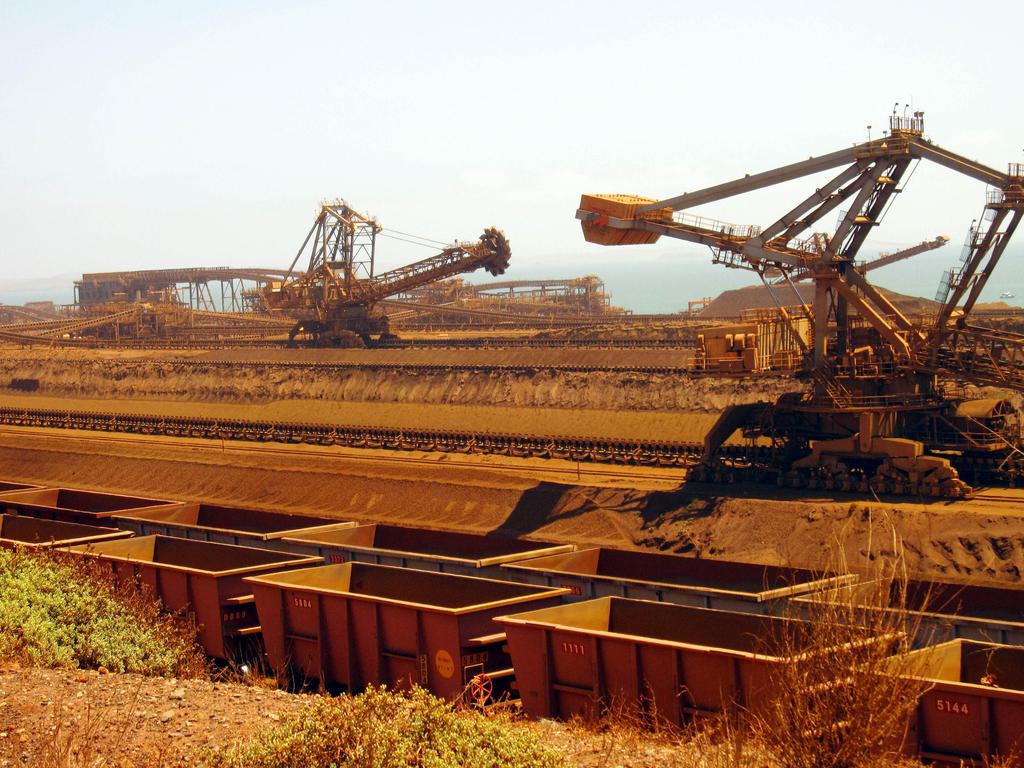


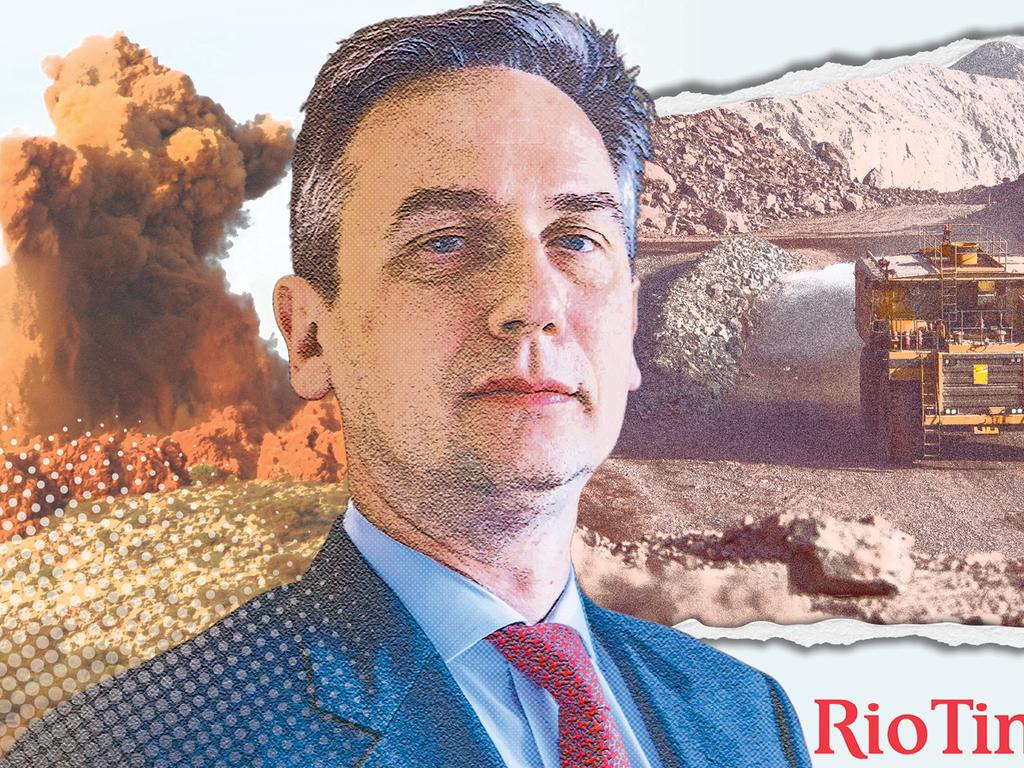
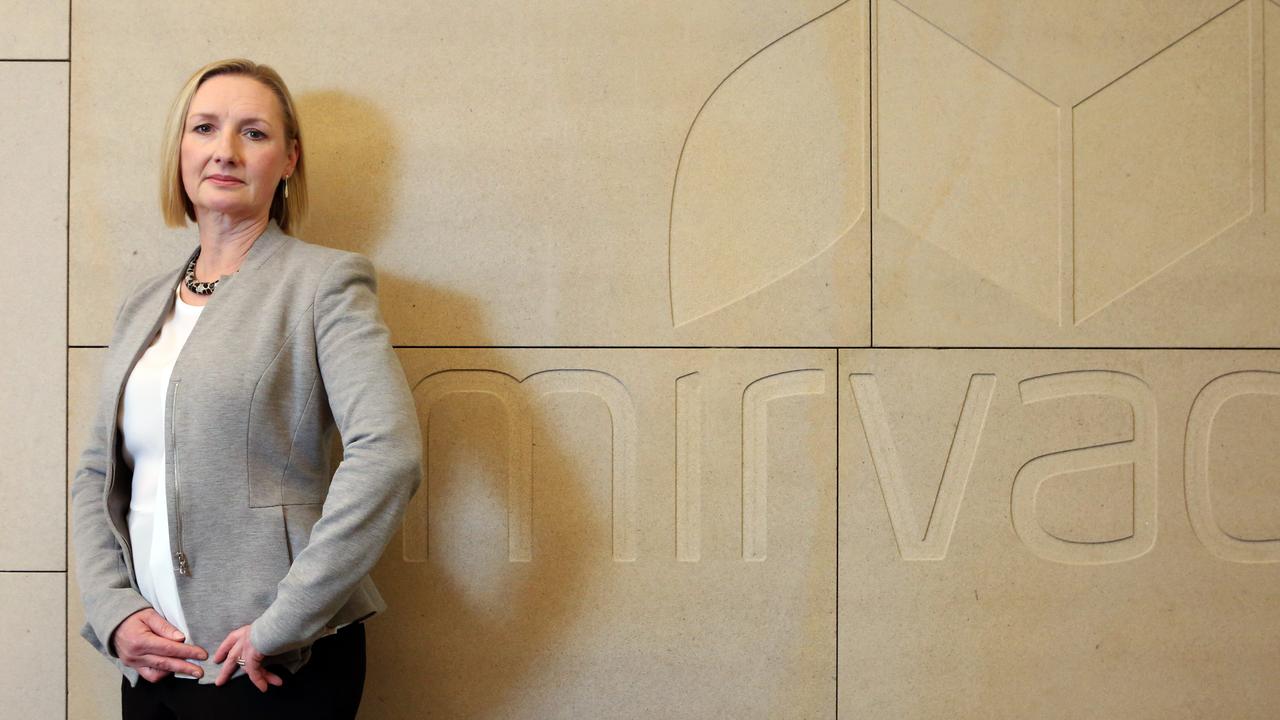
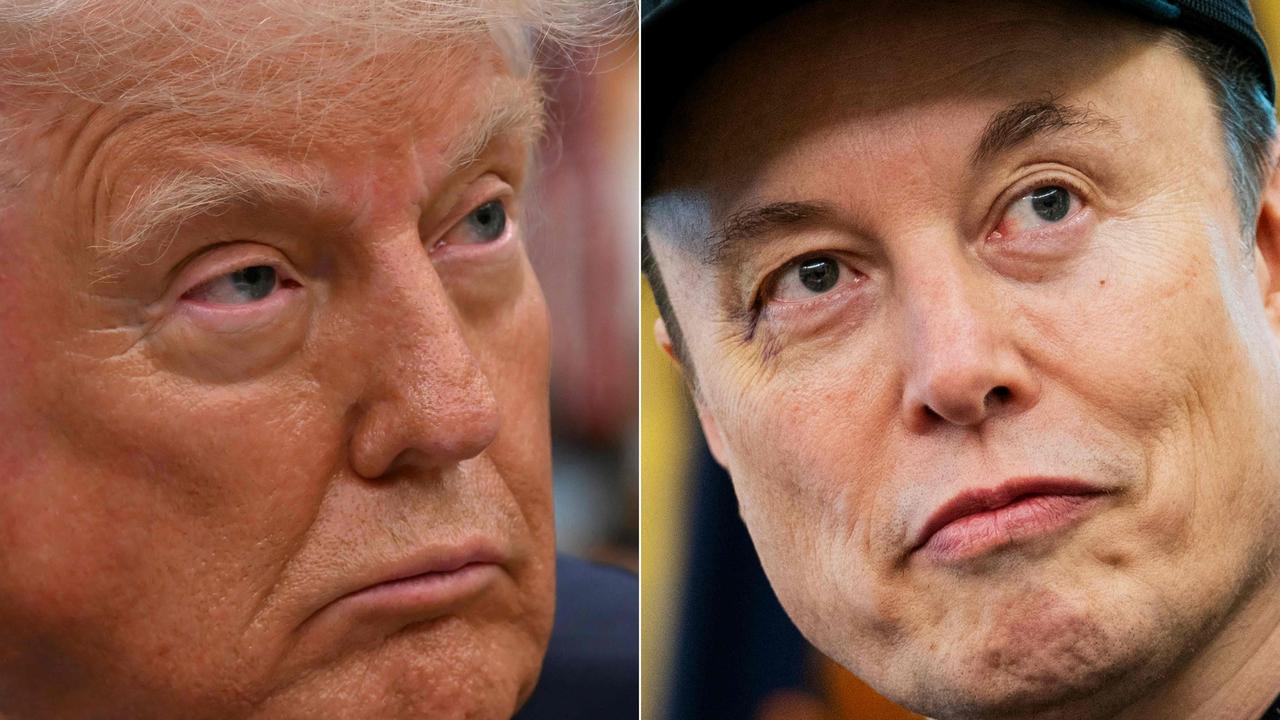
To join the conversation, please log in. Don't have an account? Register
Join the conversation, you are commenting as Logout